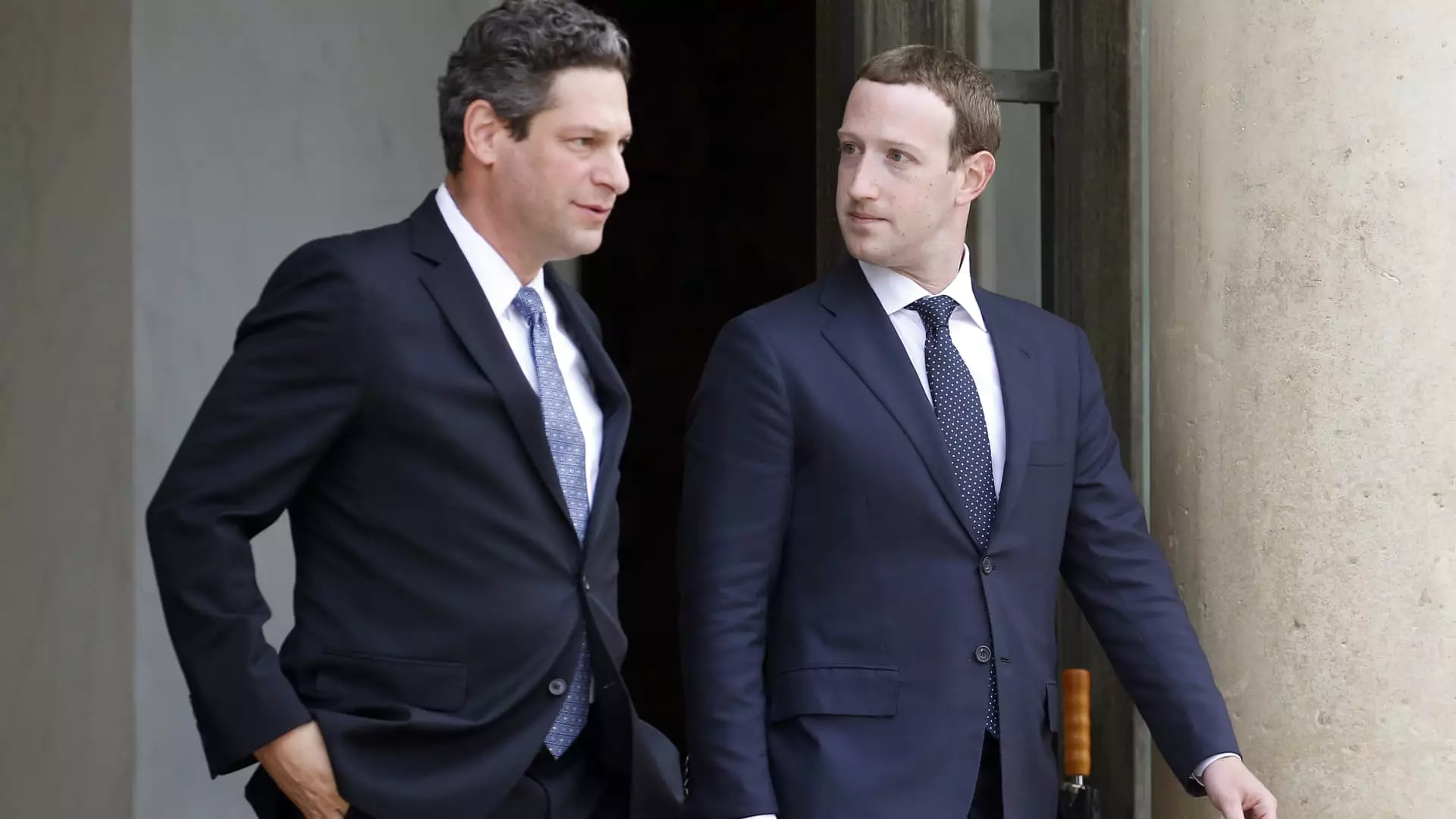In an unexpected yet strategic maneuver, Meta, the parent company of Facebook, has announced a significant change at the helm of its Global Affairs division. Effective in the near future, Nick Clegg, the current president of Global Affairs, is stepping down to make way for Joel Kaplan, the existing vice president of policy. This decision comes at a critical political juncture, with the impending inauguration of President-elect Donald Trump and suggests that technological giants are realigning themselves in anticipation of shifts in the political landscape in Washington.
Nick Clegg’s tenure at Meta has not been without its challenges. A former British deputy prime minister and a figure known for navigating complex political landscapes, Clegg arrived at Meta in 2018, taking the reins during a time marked by intense scrutiny of the tech industry. His role extended beyond mere policy advocacy; he was instrumental in addressing the rampant misinformation, election interference, and the notorious Cambridge Analytica scandal, which raised significant questions regarding data privacy and user consent. Under his stewardship, Meta faced considerable societal pressures to reevaluate and adapt its policies, navigating a delicate dance between corporate interests and public responsibility.
Clegg’s departure marks not just a change in personnel, but potentially a shift in the company’s approach to global affairs. His reflections on a “significant resetting of the relationship” between major technology firms and societal demands underline the extent to which his leadership has been shaped by external pressures. The resignation suggests a period of re-evaluation and adaptation as the company looks toward the future.
Stepping into this prominent role is Joel Kaplan, whose background in policy, stemming from his previous affiliation with the Republican Party and his work under former President George W. Bush, positions him as a figure with significant political experience. Kaplan’s appointment is not merely a continuation of Clegg’s responsibilities; it represents a potential pivot towards a more politically aligned communications strategy that may well reflect the interests of the incoming administration.
Kaplan’s past controversies, including his presence at high-profile political events and his connections with key figures in Trump’s administration, suggest that Meta may be seeking to foster stronger ties with Washington’s power brokers. This shift could signify a more assertive approach to lobbying and public relations as the company navigates the complexities of an evolving political climate.
The appointment of Kaplan raises questions about how Meta will handle ongoing challenges, such as misinformation, data privacy, and regulatory scrutiny. Kaplan’s close ties with the Republicans could shift the company’s ideological stance, aligning more closely with market-driven policies that might favor deregulation—an appealing prospect for a tech giant seeking to operate amidst rising scrutiny.
In a time when trust in tech giants is at an all-time low, reflecting on Clegg’s accomplishments could inform how Kaplan approaches his new role. Moving forward, it will be crucial for Kaplan to build upon the groundwork laid by Clegg—specifically, the relationship between Meta and legislative bodies in both Washington and beyond. A balanced approach that champions both innovation and accountability will be vital as Kaplan represents Meta on various international stages.
Looking Forward: What Lies Ahead for Meta?
As Meta enters this transitional phase, the implications of this leadership change stretch beyond corporate restructuring. It encapsulates a broader narrative about the role of technology in society and the vital need for ethical engagement with stakeholders. Clegg’s acknowledgment of the necessity for the tech industry to adapt to new societal norms presents an opportunity for Kaplan to amplify this message and solidify Meta’s reputation as a socially responsible entity.
Meta CEO Mark Zuckerberg’s expressions of gratitude for Clegg’s contributions indicate a recognition of the complexities embedded in leading a tech company in today’s climate. With Kaplan’s leadership, stakeholders will be keenly observing how Meta navigates the intricate web of regulatory pressures and public expectations.
The shake-up in leadership at Meta serves as both an internal reflection of the company’s strategy and an outward indication of how it intends to position itself within the evolving socioeconomic landscape—a scenario that is as unpredictable as it is paramount for the future of the tech industry.

